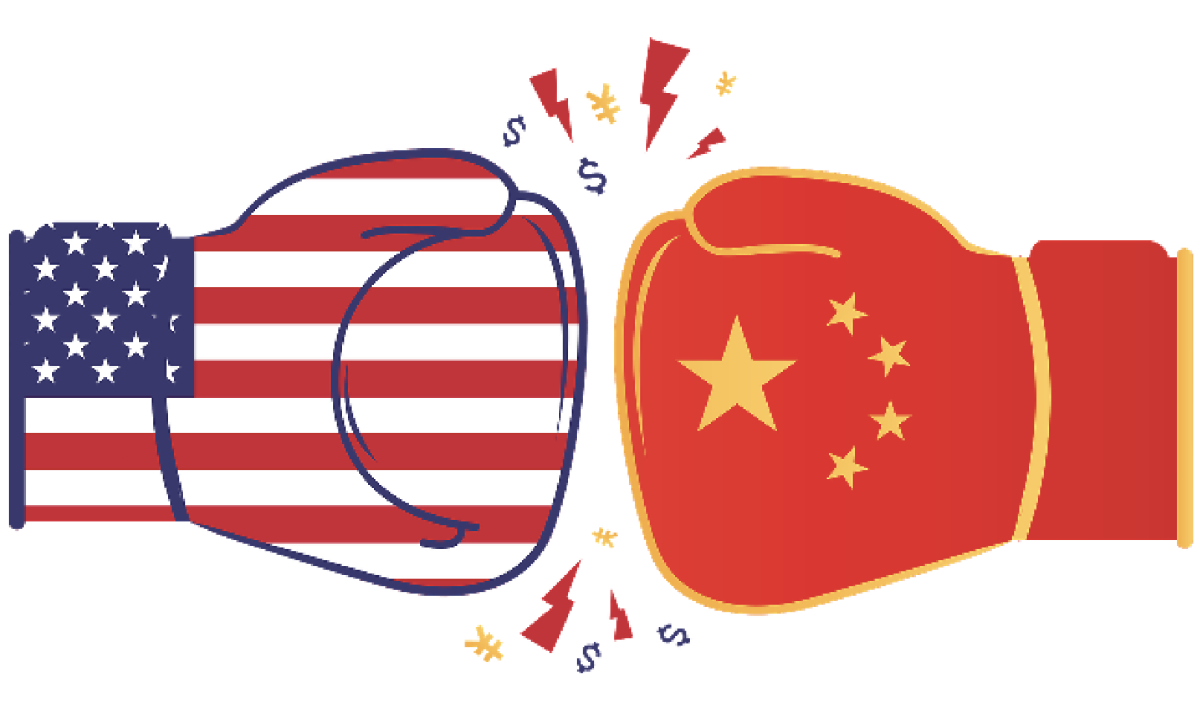On March 10, Saudi Arabia and Iran announced they would reestablish diplomatic ties after decades of tension. For nearly 40 years, the two nations backed opposite sides in bloody wars across the Middle East.
To the United States, the détente between the two nations should be good news. The Middle East will become more stable, with room for negotiation possible on subjects relevant to the U.S., such as ending terrorism, civil wars, and Iran’s nuclear program.
However, a detail is missing from this rosy picture. At the announcement, Iranian and Saudi Arabian flags flew side-by-side with the Chinese flag, as China, not the U.S., was responsible for brokering the deal between the two nations.
China’s diplomatic efforts in the Middle East threaten the U.S. politically, economically, and militarily. To maintain its status as the peacekeeping force of the world, the U.S. must develop a coherent foreign policy that avoids alienating non-democratic regimes that might instead ally with China.
The U.S. has maintained close ties with Saudi Arabia since 1951. Though the two nations are politically dissimilar, they have maintained a long, if sometimes strained, alliance. In exchange for the U.S.’ military protection and resources, Saudi Arabia provides the U.S. with a reliable oil supply and a base for American military operations in the region.
As long as Saudi Arabia kept the oil flowing and supported American security interests, the U.S. has overlooked Saudi Arabia’s fundamentalistic government, human rights violations, and involvement in Middle Eastern Wars.
However, the relationship between the Saudis and the U.S. has become strained over the past year. Sanctions against Russia due to the war in Ukraine have caused oil prices to skyrocket.
The Saudis, meanwhile, have been friendly to Russia despite Western diplomatic efforts to persuade them otherwise. The Saudi-led Organization of Petroleum Exporting Nations Cartel (OPEC) struck a deal with Russia in January to limit oil production and keep oil prices up.
This move caused outrage in Washington. President Joe Biden vowed to “punish” Saudi Arabia, as Congressional figures on both the left and the right pushed for an embargo on arms trading with Saudi Arabia. China, meanwhile, has been exploiting the gap between the U.S. and Saudi Arabia by involving the country in its Belt and Road Initiative.
The U.S.’ reluctance to support Saudi intervention in Yemen, alongside the assassination of Washington Post journalist and American permanent resident Jamal Khashoggi in a Saudi consulate in 2018, has widened the rift between the two nations.
The loss of Saudi Arabia as an ally means that the U.S. risks losing influence in a vital area of the world.
The deterioration of U.S.-Saudi relations is not the only factor causing Chinese influence in the Middle East to increase. The U.S. has had no formal relationship with Iran since 1980, a year after the U.S.-backed Shah was overthrown by the current Islamic regime.
In 2015, the U.S. led a successful deal that limited Iran’s nuclear program in exchange for the lifting of sanctions against the country, although President Trump withdrew from the deal unilaterally in 2018, to the consternation of America’s European partners.
Israel, a critical American ally, has been in an open period of hostility with Iran since 1991. The two nations have been involved in numerous proxy conflicts, such as the 2006 Lebanon War. Meanwhile, Iran and China have grown closer over the years, signing cooperation agreements and economic development deals.
The U.S. is no longer the unchallenged global superpower and finds itself caught up in declining diplomatic relationships with many countries. In particular, the U.S.’ involvement in proxy wars around the world alienates us from other countries, who turn to China.
In these tumultuous times, the United States needs allies to maintain its superpower status. Though the economic and military gap between China and the U.S. is still large, countries reliant on China may support it on the international stage in future conflicts.
The U.S. must maintain positive communication with nations less receptive to American ideals and interests, so that they do not turn to and strengthen China.







